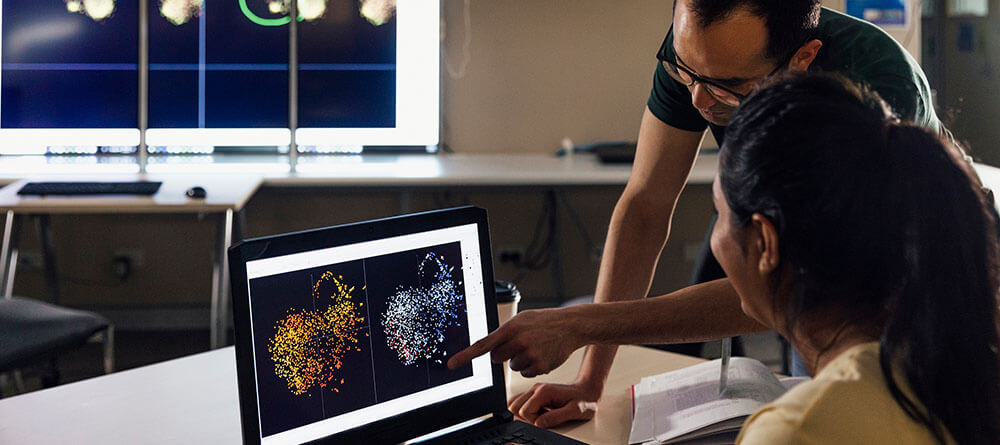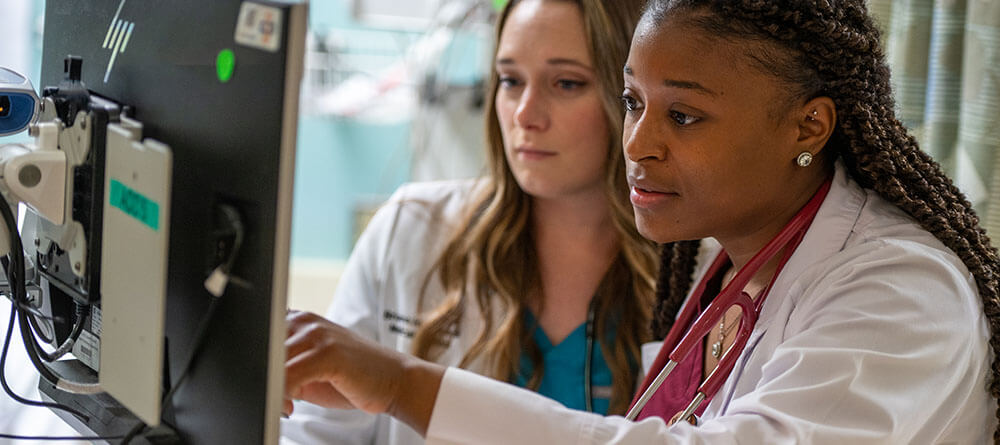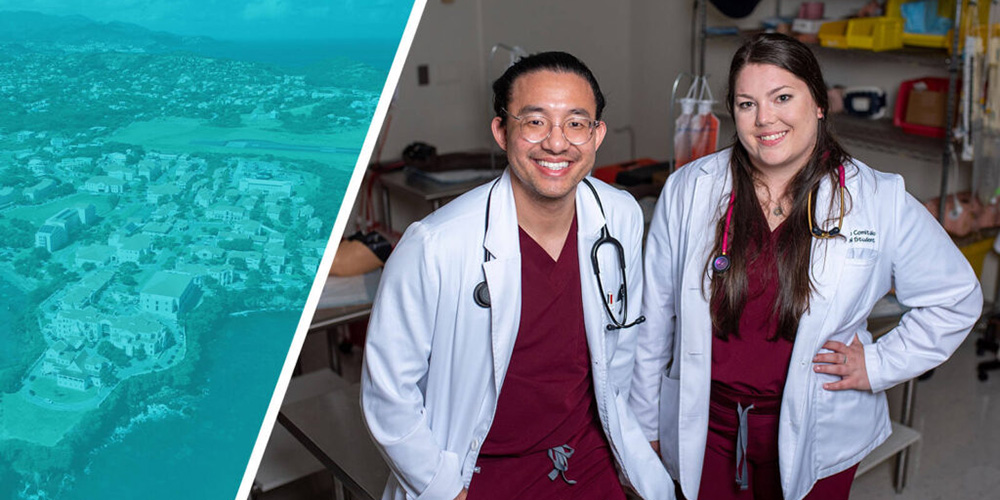So, you’ve got your heart set on becoming a doctor in the United States. Congratulations on choosing one of the most challenging yet rewarding paths! However, let’s not sugarcoat it – getting into a US medical school is like trying to climb Everest. It’s tough, competitive, and at times, it might feel like the odds are stacked against you.
The Challenge: Acceptance Rates and Limited Seats
One of the biggest hurdles aspiring doctors face is the daunting acceptance rates at US medical schools. According to recent data, the average acceptance rate hovers around 6-7%, making it more selective than most Ivy League colleges. With thousands of highly qualified applicants vying for a limited number of spots, the competition is fierce.
To put it into perspective, if a school receives 10,000 applications, only about 600-700 lucky individuals will receive that coveted acceptance letter. This reality emphasizes the intense competition and the need for applicants to stand out in a sea of impressive candidates.
A Smart Strategy: Exploring Caribbean Medical Schools
In the face of these challenges, some savvy applicants are turning to alternative paths, and the Caribbean is emerging as a promising destination. Among the choices is St. George’s University (SGU), located on the beautiful island of Grenada.
While pursuing a medical education in the Caribbean might not have been the traditional route, it’s gaining popularity for good reasons. SGU, for example, offers a medical program with a strong emphasis on clinical training. The university boasts long history of producing physicians who have gone on to practice in the US and around the world.

To provide the needed medical education for a residency placement, admissions standards are still high, and accreditation standards are maintained to assure students can qualify for a residency in the United States.. Caribbean medical schools consider the following elements:
1. Undergraduate education
All qualifying applicants to a Doctor of Medicine program will need to obtain a bachelor’s degree from an accredited university. The subject of your degree can vary, but there is specific prerequisite coursework you’ll be expected to complete.
For example, applicants to the St. George’s University (SGU) School of Medicine are required to have completed the following:
- One year General Biology or Zoology
- One year Inorganic Chemistry (General or Physical) with lab
- One year Organic Chemistry with lab
- One semester Physics with lab
- One semester Math (Calculus, Computer Science, or Statistics)
- One semester English
Generally speaking, your acceptance into a Caribbean medical school program won’t be determined solely by your GPA, but strong academic performance is still important. It’s also not uncommon for medical schools to analyze your science and non-science GPAs separately to better assess your grasp of the prerequisite course material.
That being said, Caribbean medical schools like SGU utilize a holistic evaluation of med school applicants. This means that while your academic performance will be considered, the admissions committee considers experiences and character in tandem with those academic metrics.
For more information about how your GPA will be considered, check out this article about medical school GPAs.

2. Medical College Admission Test (MCAT)
The Medical College Admission Test MCAT is a standardized, multiple-choice exam administered by the Association of American Medical Colleges (AAMC) to assess student readiness for medical school. Not all Caribbean medical schools require MCAT scores from applicants, but you should expect that most reputable institutions will.
The MCAT format is broken down into five subjects:
- biology
- chemistry
- physics
- behavioral science
- critical reasoning skills
These have been identified as prerequisites for medical school success, so it’s helpful to look at the exam as more than just another hoop to jump through to gain entry. If you’re hoping to apply with confidence, you’ll need to know you’re equipped to handle the rigor of an MD program.
For more information about what to expect from this exam, you can visit this article about preparing for the MCAT.
3. Clinical experience
Like SGU, an increasing number of Caribbean medical schools have been adopting a holistic evaluation of applications, followed by schools in the United States. Alongside your traditional academic metrics and scores, you should focus on growing your breadth of clinical exposure to prepare you for your medical training.
Just like stateside institutions, Caribbean med schools look for pre-med students who have amassed a healthy amount of clinical experience. Those looking to gain admission to an MD program can do this by shadowing local physicians, volunteering in hospice centers, working as a medical scribe, or even training to be a volunteer EMT.
When admissions teams see high-quality clinical exposure on an applicant’s resume, it signifies their unwavering desire to pursue a career in medicine while also demonstrating their commitment to the process of becoming a physician.
For more information about seeking out these opportunities, review this article about ways to gain clinical experience for med school.

4. Supplemental materials
As an applicant, your undergraduate education, MCAT score, and varied clinical exposure make up the core elements admissions offices in MD programs will be looking for—but that certainly isn’t an exhaustive list. While the aforementioned information can provide admissions teams with a clear look at your academic abilities and your level of commitment, they don’t provide a full picture of who you are as a would-be physician.
You can use supplemental application materials like strong letters of recommendation and a dynamic personal statement to paint a fuller picture of your potential. Letters of recommendation provide medical schools with an external perspective on your capabilities as a future physician and can have a sizeable impact on a committee’s decision-making process.
Conversely, your personal statement is where you’ll have an opportunity to tout your own potential. But it’s helpful to keep in mind that your other application materials will already be listing your performance-related achievements. Look at this essay as an opportunity to provide Caribbean medical schools with a clearer vision of who you are as a person.
SGU, for example, seeks med school candidates who demonstrate the following strengths and attributes:
- Empathy and compassion
- Motivation and commitment
- Ability to learn from mistakes or failures
- Critical thinking with problem-solving ability
- Strong communication skills and ability to work in a team
- Sense of community responsibility
- Curiosity and dedication to lifelong learning
- Sensitivity and openness to diversity
When you’re crafting your personal statement, it’s not the time to be modest. You’ve worked hard to get to this point in your academic journey, and you have big goals you’re looking to achieve—this is your opportunity to highlight what you’ve learned and draw attention to all the positive qualities that will enable your success as you trek forward.
While the road to becoming a doctor in the US is undoubtedly challenging, it’s essential to explore additional routes that align with your goals. St. George’s University provides a viable option for those who are determined to fulfill their dream of practicing medicine, even if the traditional path is paved with obstacles. The key is to remain resilient, adapt to the evolving landscape of medical education, and keep your eyes on the ultimate goal – making a difference in the lives of others through healthcare.
For more information about crafting a quality essay, you can visit this article about the features the best medical school personal statements share.
For advice on gathering compelling letters of recommendation, check out this article with information on who should write them and what should be included.
Exporing Caribbean medical schools
Earning your MD at a Caribbean medical school can be a great way to receive a high-quality medical education amidst the enormously competitive med school applicant pool that exists in the US today. And now that you know a bit more about Caribbean medical school requirements, it’s clear that the standards for education are still high.
You can find out more about SGU and Caribbean medical schools with the resources below or begin your medical school application online.
- 8 Common Questions About Caribbean Medical Universities
- Caribbean Medical Schools Questions and Answers: Ultimate List
- Caribbean vs. US Medical School: Which One Is Right for You?
- Should I Study Medicine in the Caribbean? 6 Things to Consider
- The Truth About Caribbean Medical Schools: Debunking the Myths
This article was originally published in October 2022. It’s since been updated to include information relevant to 2024.

